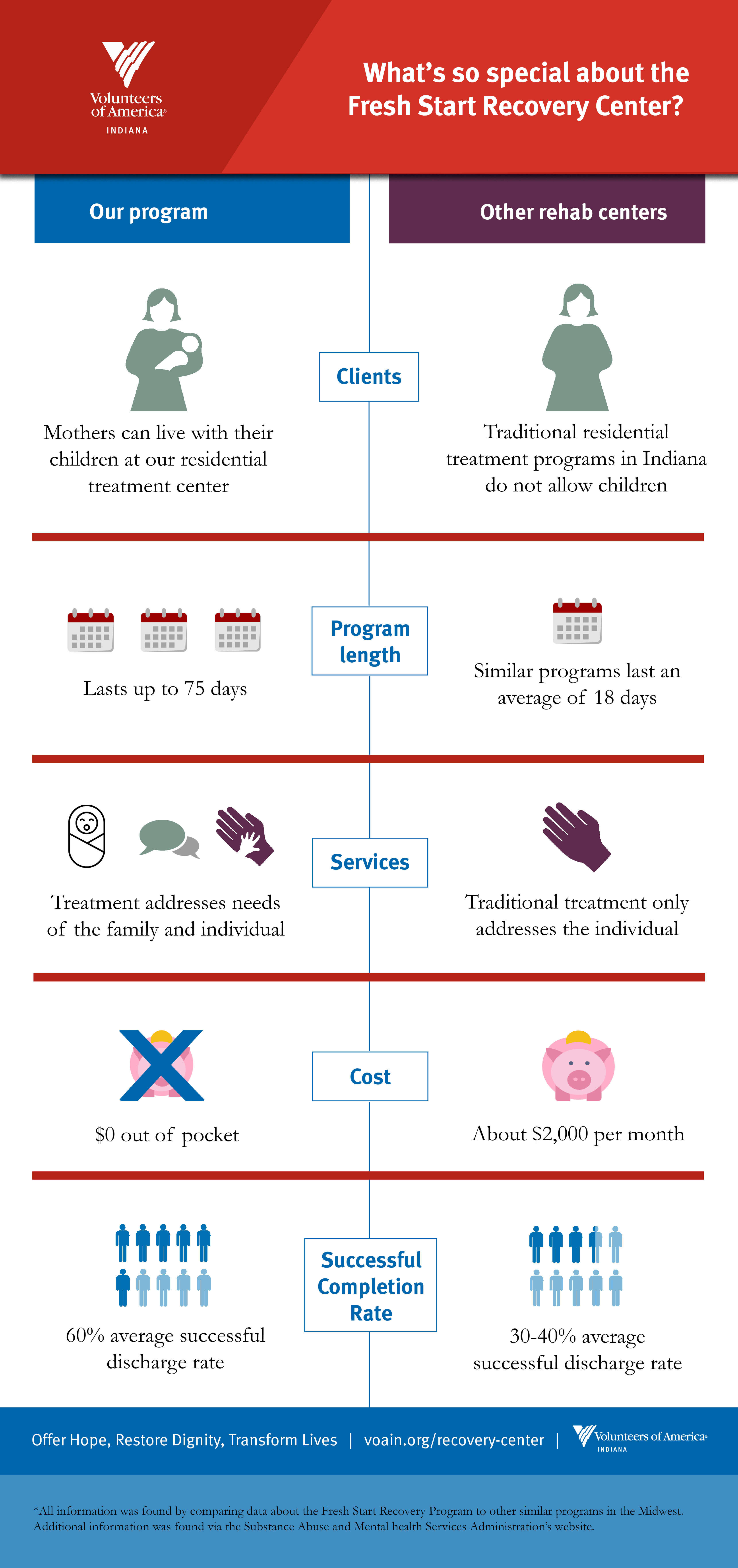This Post Assistance You To Recognize The Inpatient Therapy Options

Article by-Cooke McGregor
Inpatient treatment is typically the very best choice when you or an enjoyed one needs extreme like recuperate from a psychological wellness concern. But many individuals do not know what to anticipate, or how to obtain aid.
Inpatient programs typically offer a combination of specific and also team therapy, clinically supervised detoxification (if essential), and household treatment solutions. The length of a remain differs.
Clinically Assisted Detoxification
Detoxing, or the process of eliminating alcohol and drugs from the body, is commonly the primary step in recuperation. A detox center is a safe atmosphere where health professionals use drugs and other techniques to assist handle withdrawal signs and symptoms, simplicity physical reliance on the medicine as well as stop dependency regression.
A medically aided detoxification (MAD) program makes use of FDA-approved medicine, along with counseling and behavior modification, to deal with opioid or alcoholic abuse. These medications are used to alleviate the physical signs and symptoms of withdrawal, lower cravings as well as aid the patient focus on therapy.
The initial stage of detoxification is an evaluation, where the doctor will certainly take an extensive case history, examine a person's clinical problem and also examination for any other co-occurring mental health conditions or other clinical problems that might influence their recovery.
The following phase of detoxification is stabilization, where the doctor guarantees the person is steady and also prepared for additional treatment. This includes analyzing for adequate biopsychosocial stability as well as promoting affiliation to ideal inpatient or outpatient solutions.
Extensive Outpatient Therapy
Extensive Outpatient Therapy (IOT) is an efficient treatment option for people with milder compound usage problems and co-occurring psychological health and wellness problems. It is designed to develop support devices as well as assistance patients create coping strategies.
It can likewise be an efficient means to step down from a higher degree of care, such as inpatient acute care or domestic treatment.
The ideal degree of inpatient therapy depends on the person's demands, including their severity as well as commitment to healing. Inpatient treatment offers an organized atmosphere where individuals can concentrate on their recovery without diversions from outdoors impacts.
Inpatient therapies might call for a full time dedication, up to a number of months. https://www.sciencedaily.com/releases/2022/07/220701102757.htm of treatment can be turbulent and also challenging for some people to approve. Consequently, several inpatient programs restrict contact with friends and family throughout the initial couple of days or weeks of treatment. It is essential to show compassion and also understanding during this period, as it can bring about feelings of animosity or rage.
Partial A hospital stay
Partial A hospital stay is an inpatient treatment option that is excellent for people that have actually been identified with a psychological health and wellness condition. It uses extensive psychological health services, including group as well as private therapy, drug administration and also more, while permitting the individual to return home during the night.
The most effective part is that it is commonly more economical than standard inpatient treatment alternatives. Most health insurance providers will certainly cover part or every one of the prices of this kind of treatment.
Contrasted to domestic programs, the individual's day-to-day schedule is not disrupted and he or she can stay at home to tend to household obligations while obtaining treatment.
This sort of care is optimal for individuals with co-occurring psychological health and wellness problems. It also functions well for those that are unable to devote to a complete inpatient program.
Continuing Care
Continuing care, additionally called aftercare, is a vital part of any type of therapy program. Males and female who have successfully finished an intensive outpatient program or domestic dependency therapy get follow-up support to keep them sober.
Including proceeding care to any kind of kind of dependency therapy can increase the patient's chances of staying sober for a year or even more. Without this kind of care, an individual can relapse as well as go back to making use of medicines or alcohol after they take a look at of a program.
Numerous studies have analyzed methods to raise involvement in proceeding treatment. These include contracts, prompts (e.g., letters and call from therapists), and inexpensive social supports. The most effective techniques were the ones that encouraged people to make a dedication to participating in continuing treatment. Additionally, connection of treatment techniques that highlighted sychronisation of care as well as attaching the patient to sources throughout outpatient therapy predicted longer involvement in proceeding care.

